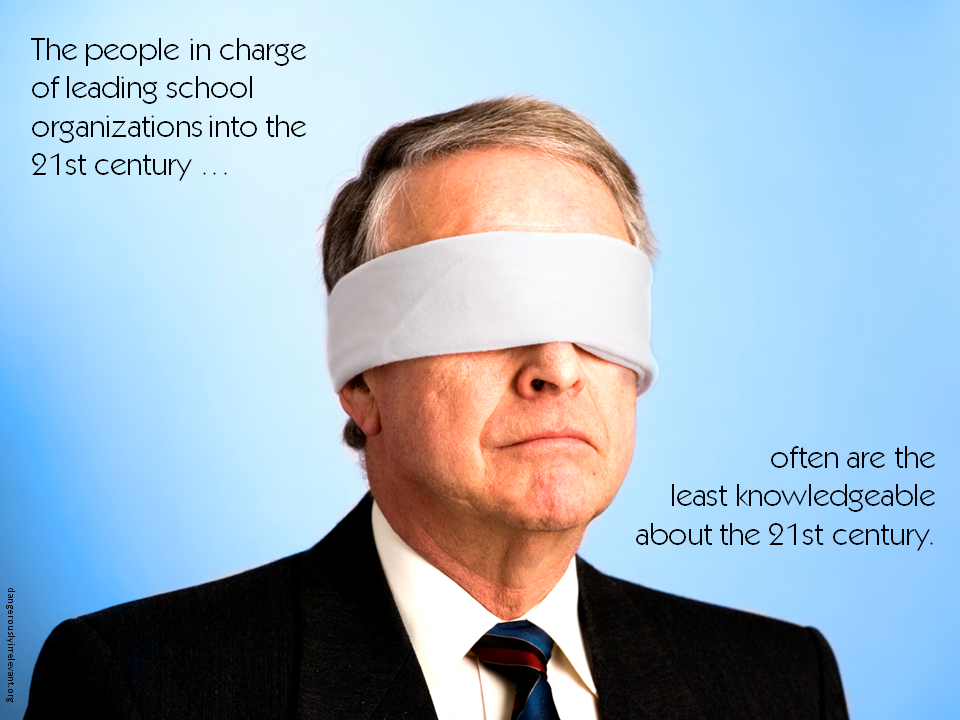The future of learning

We can’t state explicitly or emphatically what the future of learning will look like because things are moving so fast. But we can extrapolate some general characteristics from current trends. For example, in the future our learning will be even more …
… than it is now. We’re not going to retrench or go backward on any of these. As educators, parents, and citizens, we need to begin envisioning the implications of these characteristics for learning, teaching, and schooling.
How do we design and operationalize our learning environments to reflect these characteristics? And if we don’t, can we have any hope of staying relevant to the needs of students, families, and society?
[What do you think of this list? Anything you’d add or change?]
Image credit:peteball





